How to Add an Aquarium to Home Renovation
Aquariums are a unique way to bring movement, light, and intrigue into your home interior. While aquariums can house many animals such as turtles, lizards, and even tarantulas, few pets possess the aesthetic appeal and meditative qualities of a school of swimming fish. Learn how aquariums can be used in your next home renovation.
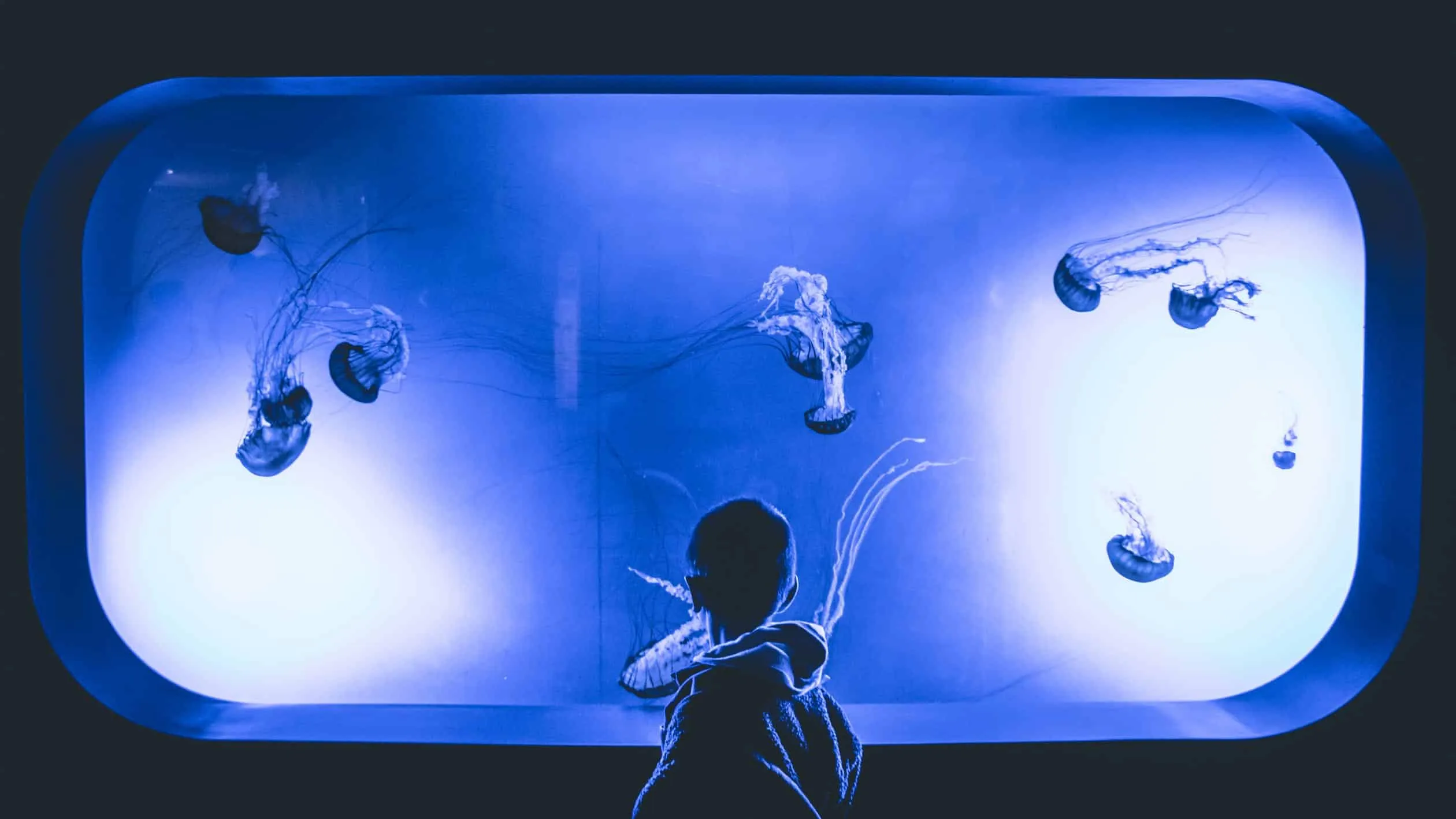
Think Outside the Box
Traditional aquariums are rectangular boxes usually placed on shelves or countertops. Such a box by itself does not draw attention and quickly becomes part of other household items that need cleaning. If you want to make a strong impression with an aquarium, then you must think outside the box.
Besides being non-toxic, waterproof, and having a transparent section, aquariums can be used in various renovation projects including:
- Gum ball machines
- Coffee tables
- Coffee makers
- souvenir cabinets
- Old televisions
- Vases or large jars
Remember that you must clean the aquarium from time to time, so make sure your design allows for this. Explore other creative aquarium projects that will surely impress your guests.
Explore Aquarium Keeping
Aquarium keeping is basically underwater gardening; it's similar to landscape design for the outside world. The Dutch and Japanese are global leaders in aquarium keeping, often using tanks without fish, focusing on aquatic plants.
Aquarium keeping encompasses a wide range of aesthetic tastes and options, but the main goal is to create a pleasant and functional environment for specific use. Aquarium keeping will consider your marine life requirements and the size of your aquarium, and may include:
- Stones
- Gravel
- Coral
- DIY aquarium design
- Crystals and geodes
- Sand and slopes
- Plants
- Lighting
Large Aquariums
Aquariums are already used in kitchen islands, room dividers, and even bed headboards. When working with such large installations it's best to consult professionals. If you plan to do the work yourself, first check your homeowner’s insurance and ensure you are covered for water damage. Then evaluate the project and placement of your aquarium from electrical, plumbing, structural, and mechanical requirements.
Water displays like those seen at Vancouver Airport are developed, installed, and maintained by the local Vancouver Aquarium with a team of specialists. For large individual projects, it usually requires knowledge from a team of professionals including structural and mechanical engineers, aquarium keepers, designers, and biologists.
Realizing your ideas with experts allows easy installation of curved acrylic or cylindrical tanks, as well as floor-to-ceiling aquariums. Moreover, they can offer advice on the optimal balance between aesthetics and safety, as well as care.
If you plan to include an aquarium in your next home renovation, start planning early. Aquariums require electrical connections and often plumbing systems that are easier to incorporate at an earlier stage of the project.
Need a renovation specialist?
Find verified professionals for any repair or construction job. Post your request and get offers from local experts.
You may also like
More articles:
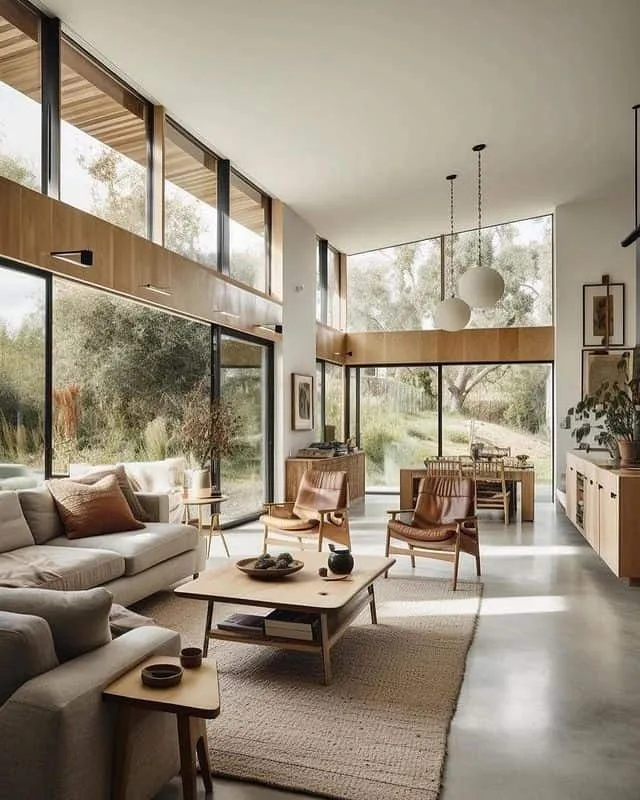 How to Create a Comfortable and Stylish Living Room
How to Create a Comfortable and Stylish Living Room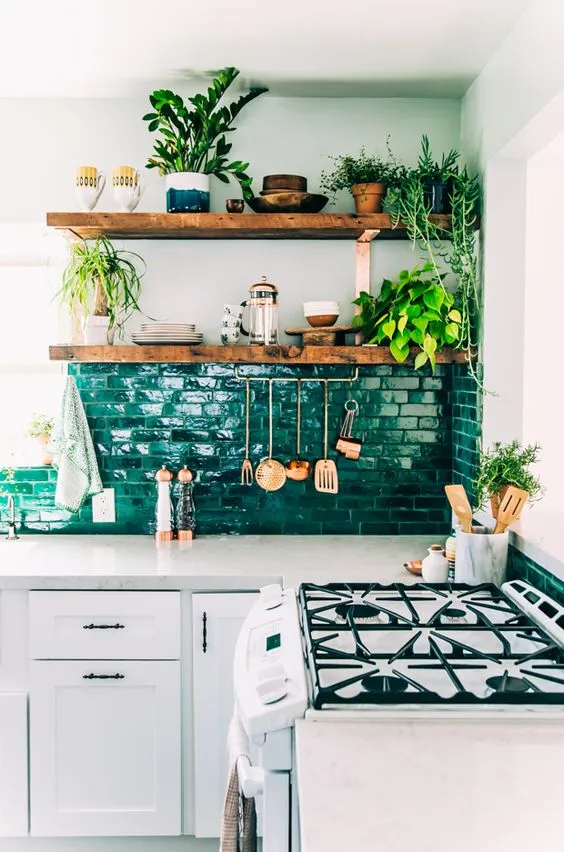 How to Create a Cozy Bohemian Kitchen
How to Create a Cozy Bohemian Kitchen How to Change the Ambiance in a Furnished Studio?
How to Change the Ambiance in a Furnished Studio?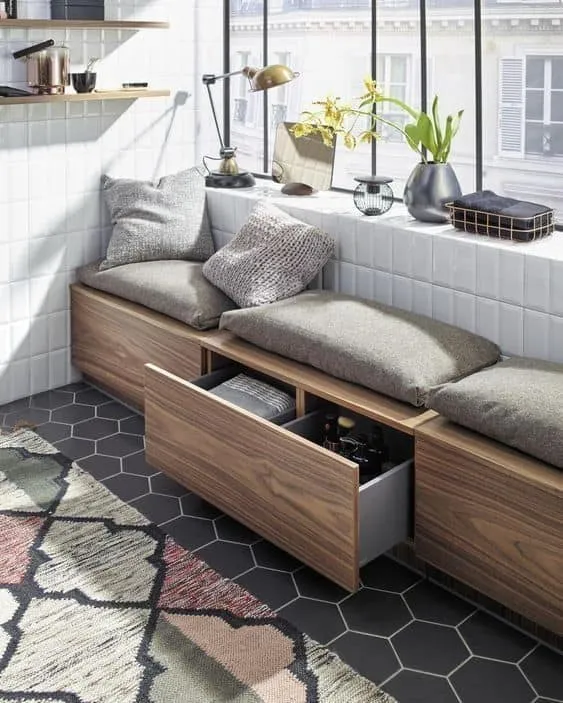 HOW TO DECORATE A SMALL BALCONY - SIX STYLISH AND INSPIRING IDEAS
HOW TO DECORATE A SMALL BALCONY - SIX STYLISH AND INSPIRING IDEAS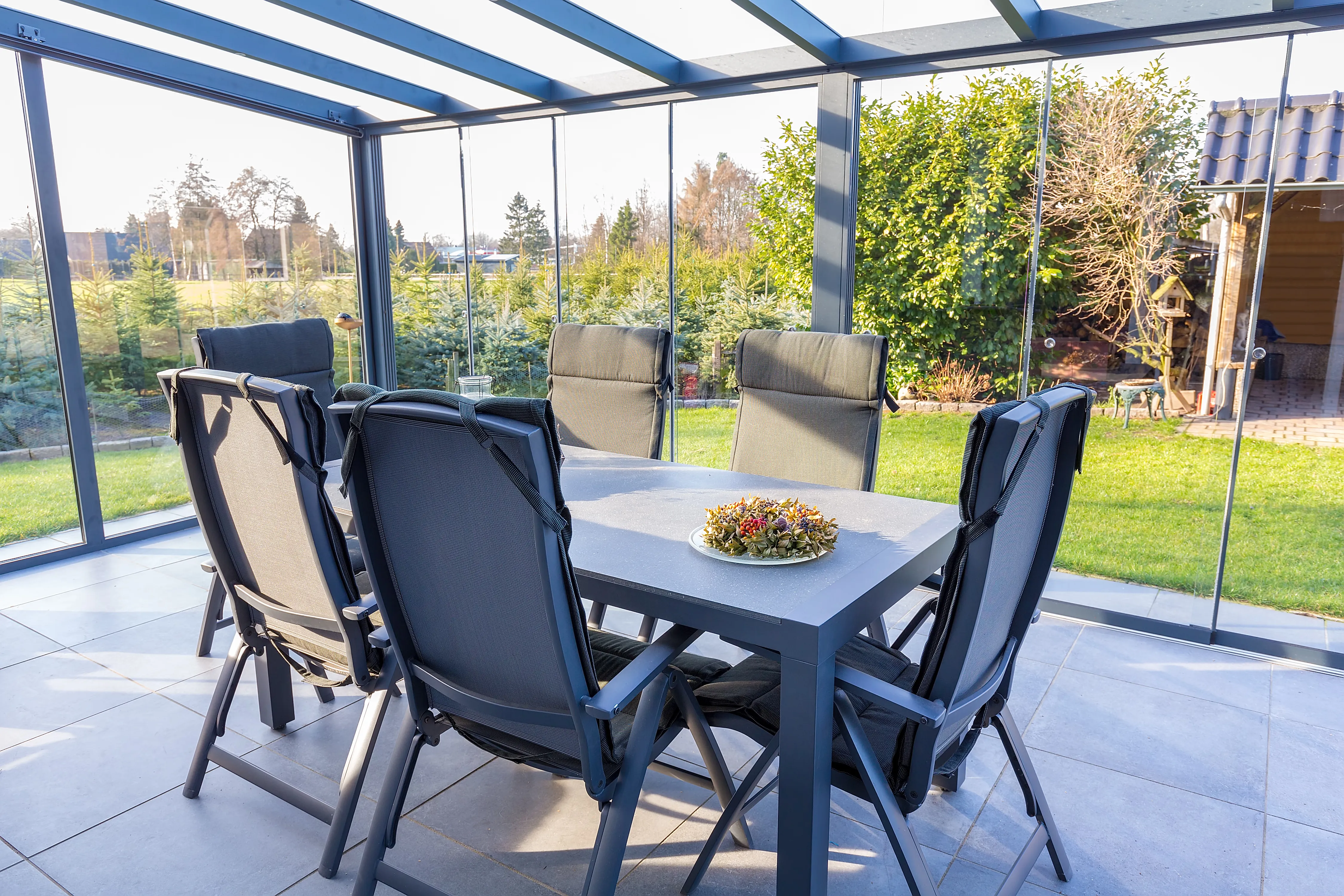 How to Design a Glass Extension
How to Design a Glass Extension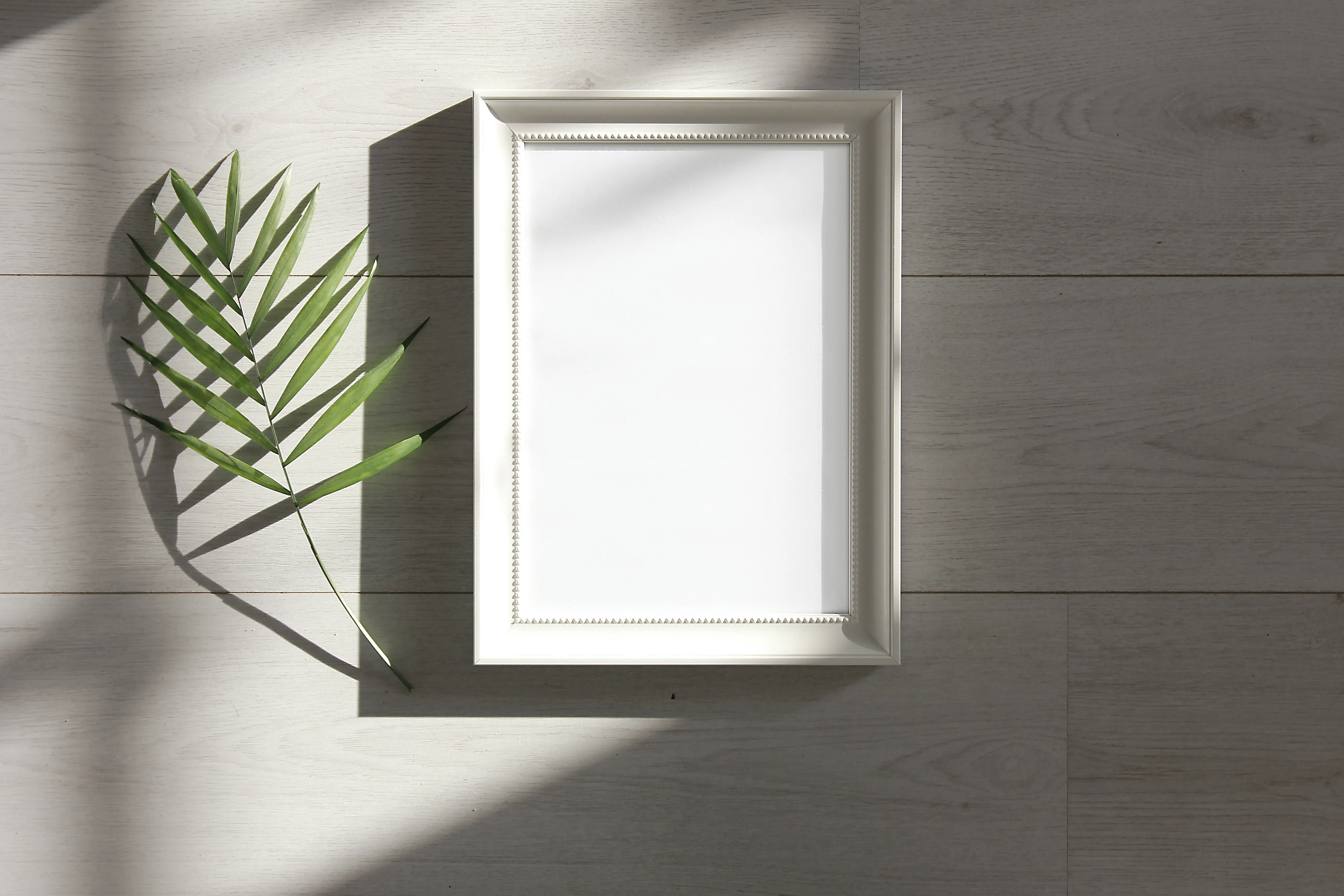 How to Decorate Your Home with Pictures for Perfect Architectural Design
How to Decorate Your Home with Pictures for Perfect Architectural Design How to Decorate Walls with Canvas Prints
How to Decorate Walls with Canvas Prints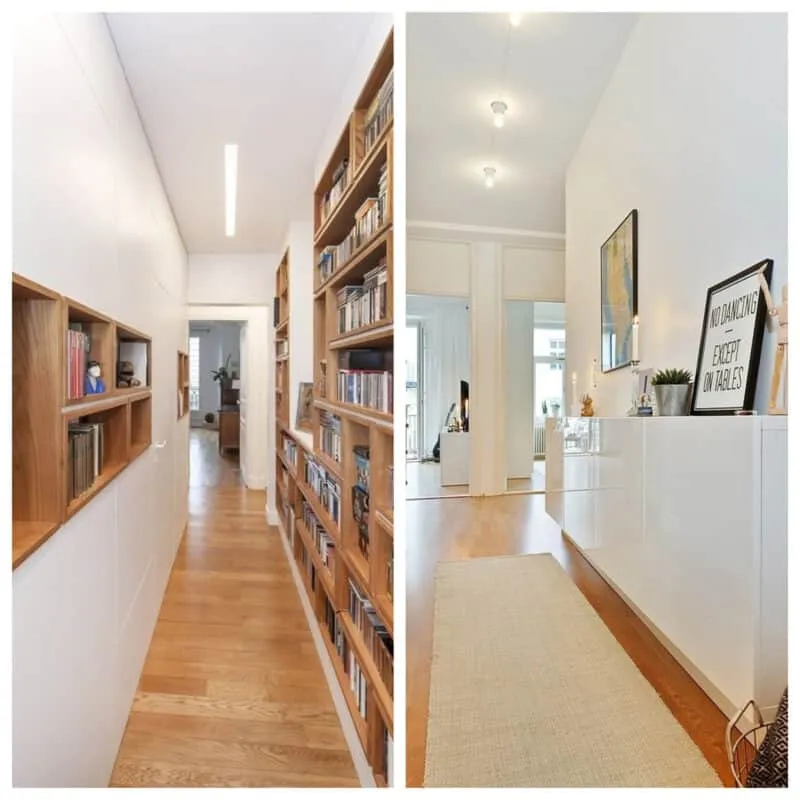 How to Decorate and Style Your Corridor
How to Decorate and Style Your Corridor